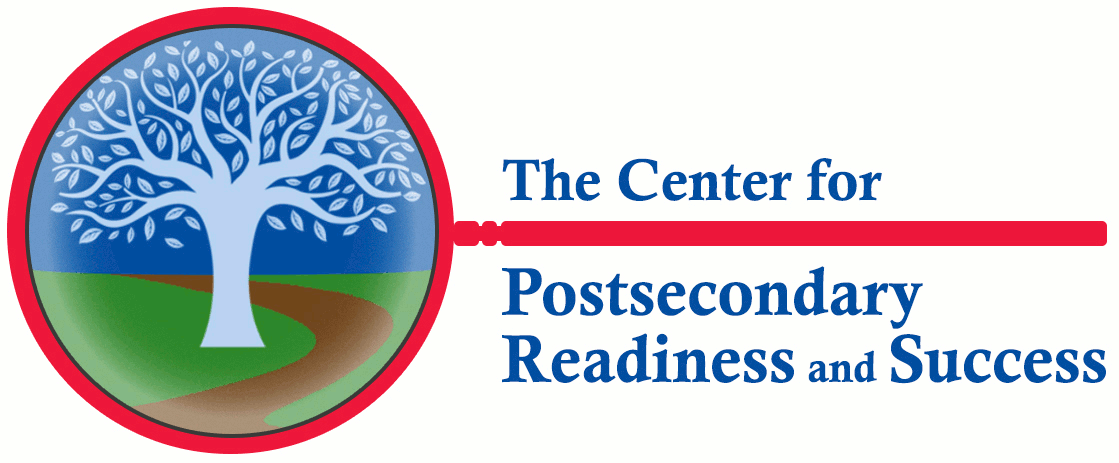ScholarWorks > WMU > JCA > Vol. 6 (2021) > Iss. 2
Abstract
Due to the sensitive nature of identifying undocumented status, it is difficult to examine the impact of immigration status in the context of higher education and factors crucial to postsecondary and career success. What we do know is that prior to Deferred Action for Childhood Arrivals (DACA) and Temporary Protected Status (TPS), and for students ineligible for these programs, the biggest structural barriers hindering college success were centered around prohibitive laws restricting access to critical financial resources such as federally-funded supports or any form of work study. Additional research is necessary to address the impact of relatively new and crucial supports in facilitating college success among undocumented youth – especially during a period of uncertainty for programs like DACA,TPS, and the unprecedented impact of COVID-19. TheDream.US is an organization that partners with colleges in 19 states and Washington D.C. to provide approximately 6,500 undocumented students with private scholarships and tailored programming to complete an associate and/or bachelor’s degree. This best practices paper draws from TheDream.US’s latest survey data of 2,681 undocumented students to identify their specific needs for college completion and career readiness, and institutional supports for equitable access to social mobility.
Recommended Citation
Lee, Hyein
(2021)
"Identifying Institutional Best Practices: Supporting Undocumented Student Success in a Time of COVID-19,"
Journal of College Access: Vol. 6:
Iss.
2, Article 3.
Available at:
https://scholarworks.wmich.edu/jca/vol6/iss2/3
Included in
Higher Education Commons, Inequality and Stratification Commons, Migration Studies Commons


